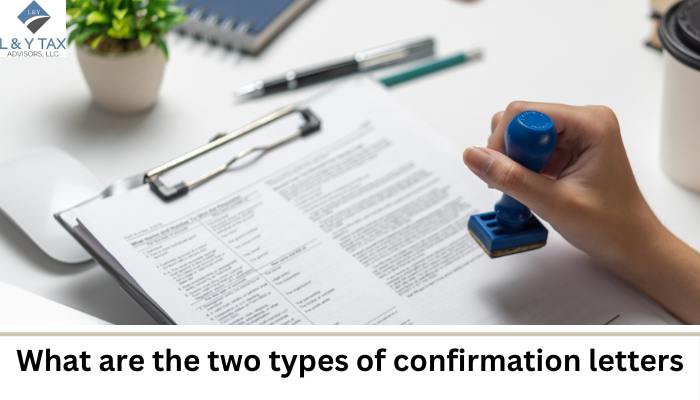
How to Audit a Company?
You must learn how to audit a company to prepare for upcoming taxation events if you’re a business owner. Similar to their publicly listed counterparts, private corporations are subject to audits to guarantee financial responsibility and transparency.
However, in contrast to the well-publicized realm of audits for public companies, the private sector’s auditing process sometimes seems opaque.
Our financial and tax experts help you clarify how to audit a company for private companies. You will also examine the motivations for the audits, the steps involved, and the crucial key players.
Why are Private Companies Audited?
Audits are more than a formality required by law. They provide insightful information on a business’s operational effectiveness and financial health. They help the business itself and are not simply about taxes and other parties. Audits can uncover possible dangers and suggest opportunities for improvement before they become more serious issues.
Audits raise a private company’s reputation with lenders, investors, and clients, among other stakeholders. Independent verification of the financial statements fosters trust and confidence in the company’s management and operations.
Who Performs the Audit?
Private business audits are usually carried out by external, independent auditors, typically Certified Public Accountants (CPAs) affiliated with a recognized professional accounting body. This preserves the integrity and objectivity of the whole process by guaranteeing adherence to stringent ethical and professional standards. Consider them as forensic accountants, closely reviewing the business’s financial records.
The use of audit software is essential in contemporary audits. But what factors should I consider when selecting such software?
Click here to get about the IRS & state audit representation.
How to Choose the Right Auditor?
For a private firm, choosing an auditor is essential. The selected individual must have experience and knowledge unique to the organization’s business model and industry – efficient correspondence between the board of directors and management is of equal significance.
The auditor should be able to convert technical and financial terms into suggestions that the business may use to assist it in staying out of trouble or worse.
How is the Audit Process Conducted?
Meticulous planning is the first step in the process. Auditors carefully examine the company’s financial statements and other pertinent documents to ensure they fully understand the complexities of the business operations and financial reporting system. Additionally, they evaluate the possibility that fraud or mistakes might result in significant misstatements in the financial accounts.
This risk assessment is used to create a thorough audit strategy. This plan specifies the precise audit techniques that must be followed, the financial statement sections that need the greatest examination, and an accurate completion date.
Perform the Audit & Gather Evidence
Upon completion of the plan, the auditors get to work. Their protocols may entail reviewing paperwork such as bank accounts and invoices, seeing important company operations directly, getting information from other sources, and using analytical tools to spot irregularities.
These techniques allow them to obtain the data required to evaluate the completeness and correctness of the financial statements.
The auditor also closely monitors the internal control system. They assess whether the business has sufficient controls in place to prevent and identify fraud or mistakes. If vulnerabilities are found, the auditors might need to take further steps to guarantee a comprehensive assessment.
What Happens After the Audit?
The organization’s management should carefully review the audit’s results and decide what steps to take next. Any major misstatements in the financial statements must be corrected, and the internal control system’s shortcomings must be remedied.
It is also advisable to consider the auditors’ suggestions for enhancing operational effectiveness and financial reporting. By implementing these recommendations, the business may improve its financial accountability and transparency, eventually increasing its trust with stakeholders.
The Bottom Line
Learning how to audit a company, especially a private business, is a difficult procedure that requires knowledge, attention to detail, and neutrality. However, it is also a useful tool for enhancing financial reporting and corporate operations and a legal requirement. By knowing the audit process, private organizations may prepare well, gain insightful information, and ultimately come out better.
Read More:
list three things you should look for when hiring a tax professional.


